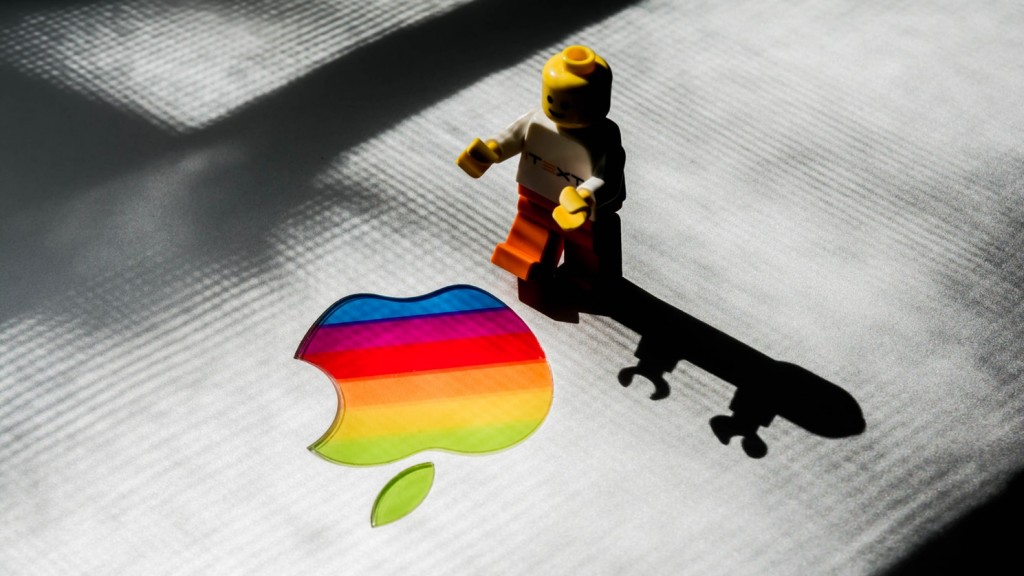Apple did a little pruning of unused, abandoned, and dysfunctional apps on its store. Not only the apps that haven’t been updated by its developers, but also those apps that use too long a description to appear on app searches. The tech giant sent an email to the developers regarding the new pruning procedures on the first of September. The crackdown officially started last September 7. According to Apple, the store improvements will be an ongoing process.
The App Store improvements, which are suggested by the developers themselves, aim to emphasize and prioritize the quality versus the quantity of the apps. Currently, the store hosts more than 2 million apps with over 100,000 new apps submitted every week for review. Indeed, there is an app for everybody. If you are a salesperson, there is Vender App for you; if you are a hardcore gamer, there is an app for you; if you are a senior citizen who is looking for a way to track his health, there is an app for you.
In the sea of apps, though, the developers find the process challenging for customers to find the right apps that fit their needs and preferences. To make it easier for them, Apple removed all apps that no longer function as intended. These are the apps that are not updated based on its current review guidelines. Simply, these are the applications that are no longer compatible with the modern Apple hardware.
Apple had a roster of app testers, and all apps across all categories will be tested. For developers whose apps have been flagged, the company will send an email to notify you. It will also give these developers ample time to make the necessary changes if they want their apps to stay in the store. You have 30 days from the notification to bring your app into compliance with the guidelines concerning content and features. However, if your app crashed during the test, Apple will pull it out immediately. With this, Apple even suggested that the developers remove the outdated apps themselves.
The problematic apps that are removed from the App Store will still be available on your developer account so that the present users may access them. The services will not be interrupted, and these users can still make in-app purchases. These apps will only be reinstated once they already complied with the guidelines. Apps that are carefully monitored, maintained and updated by its developers will be retained on the list.
The same goes for those apps with extremely long, irrelevant app titles. Users discover and download new apps through search. However, some developers try gaming the results Apple Store display with each query by including search terms or keywords that are irrelevant, inappropriate or both. These are spammy app titles that clutter both the list and search results. While the long app names are truncated in the search results, the terms influenced the searchability and displayability of the apps.
With the goal of providing a quality user experience as well as leveling the playing field, Apple now limits the app titles to 50 characters maximum. It also suggests keeping the name at 23 characters or less for optimal presentation on App Store and iPhone, iPad and Apple TV. Likewise, the company advised the developers to learn how to write effective app titles, among others, through the App Store Product Page.
The App Name section of the page further explains the critical role of app titles in App Store discovery. Hence, the app title should be descriptive and straightforward to make it memorable. It should be easy to spell and hints at what the app is all about. The app name must be distinctive as well. It should not contain generic terms as well as substantially similar terms with other app names. The name should be unique enough to stand out.
App usage and engagement are expected to improve after the said improvements. Additionally, the users will see apps that provide value to them. On the other end, the developers will be encouraged new innovative apps that can be easily discovered by the users as the store get rids of old, never-been-used, outdated and irrelevantly-named apps.




